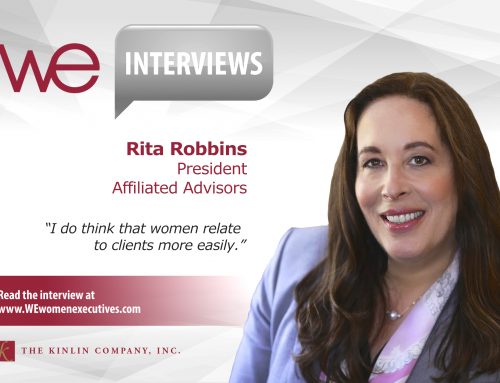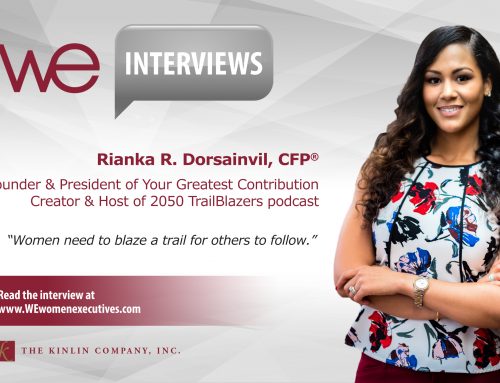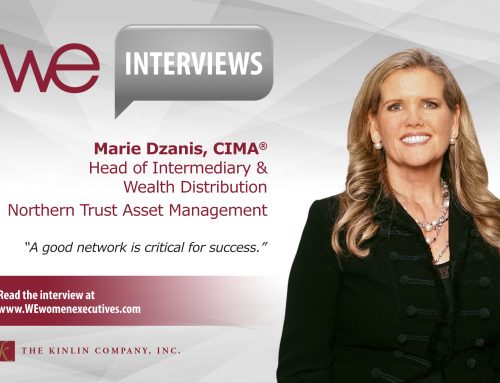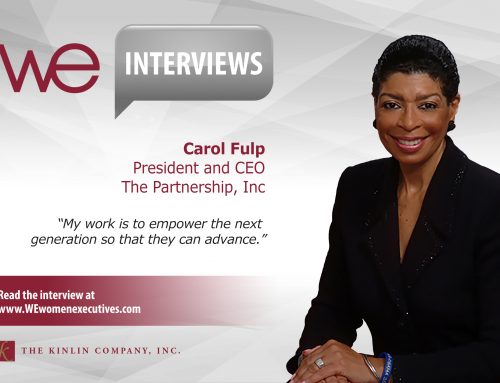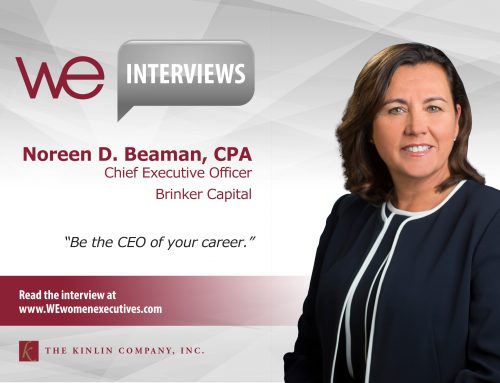
Marie Chandoha, President and Chief Executive Officer, Charles Schwab Investment Management Inc.
Marie Chandoha
President and CEO
Charles Schwab Investment Management, Inc.
Marie Chandoha, President and Chief Executive Officer at Charles Schwab Investment Management Inc., has a well-earned reputation for being an ace at growing asset management businesses. An economics major at Harvard, Chandoha has held senior positions in fixed income at Credit Suisse, and Wells Capital Management. While many firms were reeling from the 2008 financial crisis, Chandoha, who then served as Barclays Global Investors’ Head of Global Fixed Income, steered a business that was in the red to one that grew its fixed income assets by $200 billion during her tenure to $478 billion.
I sat down to talk with Chandoha about her advice for women working to advance their careers in financial services, and her thoughts on the importance of diversity within an organization’s senior leadership.
Ellen Kinlin: Your career in financial services has been wonderfully robust. You’ve watched the evolution of our industry from many vantage points. What are the major challenges facing women in this industry today?
Marie Chandoha: I’ve seen this industry change dramatically over the last 30 years. But in some ways, it has remained the same. Sometimes I see women falling into a spiral of negative thinking, which can lead to dead ends. It can be difficult out there, but instead of focusing on the challenges and obstacles women in particular face, I find it more helpful to concentrate on what we as women have to offer an organization and to be inspired by the many wonderful female role models who have moved into senior ranks.
My advice to women out there? Leave negative thinking behind — be exactly who you are and prove the value you bring to any situation. Focus on what makes you good at what you do, and take inspiration from the many role models that are out there. That’s how women in today’s business landscape can get ahead.
E.K: Beyond that, what are a few pieces of advice you find yourself giving to the women executives that you mentor time-and-time again?
M.C: There are three things I always find myself saying to the young women I meet with:
1. Be Assertive– In managing both women and men for many years, I’ve noticed a trend. Men will often ask for promotions and new responsibilities, while women will wait to be offered the position. Women need to be as clear and assertive as their male colleagues to ensure advancement.
2. Take Risks– A definite key to my career progression was my willingness to take risks by either moving to a different firm or taking a position that was a significant stretch for me. Part of taking risks is confronting the possibility of failure. There’s the potential for a strong upside only because there is also the chance of a stark downside. Being able to take those risks has undeniably helped me move up in my career.
3. Be Selective – I advise women to work for companies that provide better opportunities for their female executives. This is something I really wish I knew earlier on in my career. It is not always an even playing field. Some companies are more focused on having diversity in their senior ranks than others. That’s just the reality. When women aren’t well represented at the senior level, advancing through the organization might present greater challenges. The road can be smoother at a company that already has women in leadership positions.
E.K: How does gender balance within a company’s senior management team impact the bottom line?
M.C: When I put together a team, I always want a diversity of voices and perspectives around the table. It simply yields better results. If everyone is the same, then you’re not going to get the caliber of decision making you would if you have a more diverse team in place. In my experience, diverse teams generate better business results.
E.K: To finish this up, would you mind touching on the work you’ve been able to do outside your corporate station? Many of our emerging executives in the readership will also be interested to hear about your philanthropic work.
M.C: I’ve been on the board of the Nature Conservancy of California for almost two years. It’s an environmental organization that partners with people and industries to preserve the environment. I really like the kind of win-win partnerships the Conservancy develops. It’s an issue both my husband and I are passionate about. We have a 160-acre ranch in Sonoma County, half of which we have put into a conservation easement. Restoring that land has been an incredible and rewarding experience.
Marie Chandoha stands out as an excellent example of how to develop a long-lasting career in financial services. By being assertive, taking risks, and selecting companies that appreciate the benefits of having a broad range of viewpoints at the boardroom table, emerging executive women can put themselves on the right path to make it to the C-Suite.

